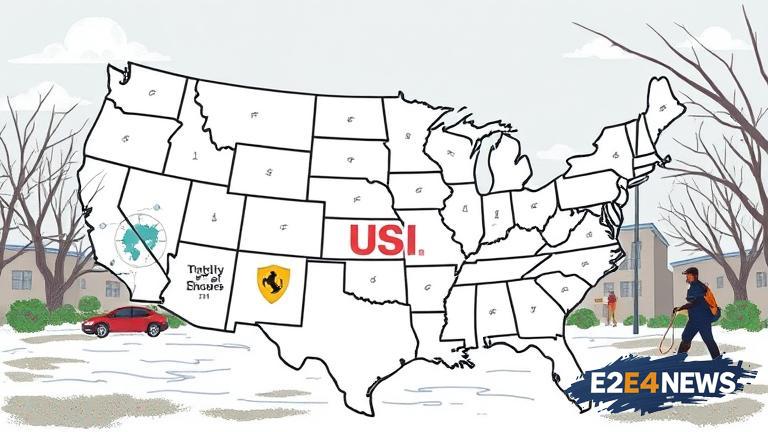The start of the school year has been marred by a series of active shooter hoaxes at universities across the United States. These hoaxes, which are often spread through social media, have caused widespread panic and disruption to campus life. In recent weeks, several universities have been targeted by these hoaxes, with students and faculty receiving false reports of active shooters on campus. The hoaxes have been so convincing that they have prompted lockdowns, evacuations, and deployments of SWAT teams. While the hoaxes have been debunked, they have still caused significant distress and disruption to the academic community. The motives behind these hoaxes are not yet clear, but authorities are working to identify the sources and prevent future incidents. The FBI and local law enforcement agencies are investigating the hoaxes and are urging students and faculty to be vigilant and report any suspicious activity. The universities affected by the hoaxes are also taking steps to improve campus security and provide support to students and faculty who have been affected by the incidents. The active shooter hoaxes have raised concerns about the safety and security of students on campus, and have highlighted the need for universities to have robust emergency response plans in place. The incidents have also sparked a debate about the role of social media in spreading false information and the need for greater accountability and regulation of online platforms. As the investigation into the hoaxes continues, universities are working to reassure students and faculty that they are taking all necessary steps to ensure their safety and security. The start of the school year is a time of excitement and anticipation, but for many students and faculty, it has been overshadowed by fear and uncertainty. The active shooter hoaxes have caused significant disruption to campus life, with classes cancelled and events postponed. The incidents have also had a profound impact on the mental health and wellbeing of students and faculty, with many reporting feelings of anxiety and trauma. The universities affected by the hoaxes are providing counseling and support services to help students and faculty cope with the aftermath of the incidents. The active shooter hoaxes have also raised concerns about the potential for copycat incidents, and authorities are urging students and faculty to be aware of their surroundings and report any suspicious activity. As the academic year gets underway, universities are working to create a safe and supportive learning environment, and to reassure students and faculty that they are committed to their safety and security. The active shooter hoaxes have highlighted the need for greater awareness and education about the risks of online harassment and the importance of verifying information before sharing it. The incidents have also sparked a conversation about the need for greater investment in campus security and emergency response systems. The US Department of Education has issued guidance to universities on how to respond to active shooter incidents, and is urging institutions to review and update their emergency response plans. The active shooter hoaxes have caused significant concern and disruption, but they have also prompted a renewed focus on campus safety and security. As the investigation into the hoaxes continues, universities are working to create a safe and supportive learning environment, and to reassure students and faculty that they are committed to their safety and security.
